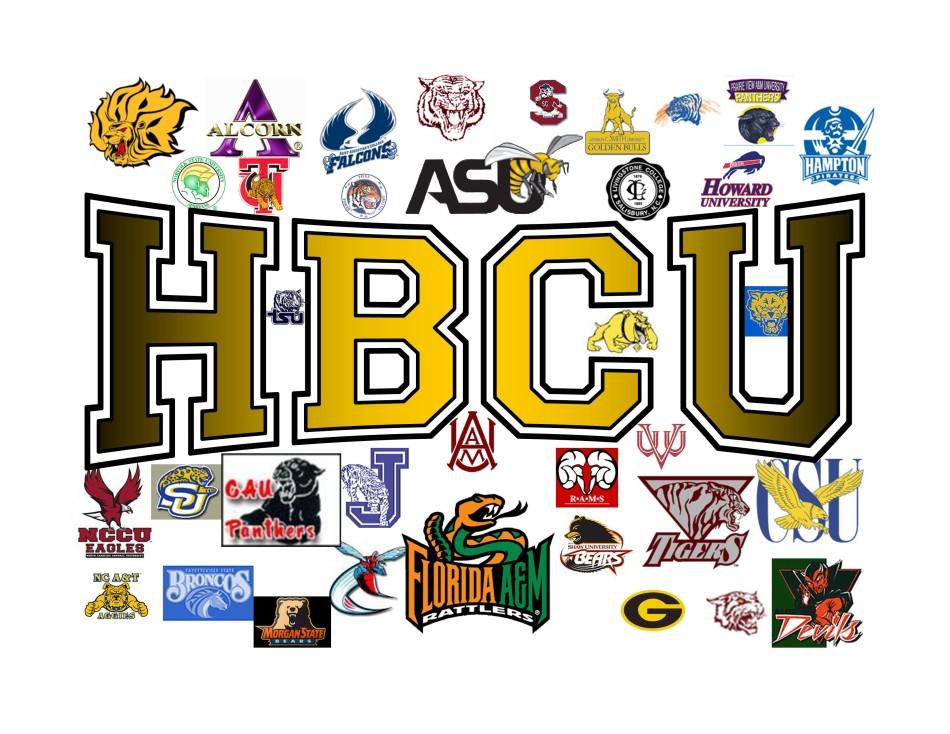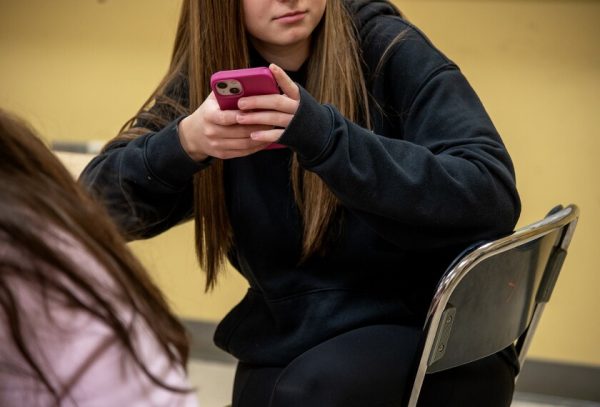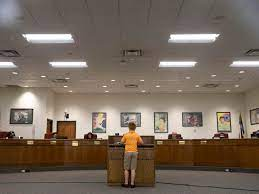HBCU
HBCU’s (Historically Black Colleges or Universities) were established in the 19th century for African Americans to attend because the Jim Crow laws stated that “separate but equal” was constitutional. The Jim Crow law separated black from whites which ranged from attending the same colleges to eating in the same diners. This occurred until 1954, when the U.S. Supreme Court decision in Brown vs. Board of Education said that “separate but equal” was unconstitutional. However, HBCUs still were the number one option for most blacks interested in attending college. By 1902, at least 85 schools were set up by white philanthropists, free blacks, states or churches to educate the sons and daughters of former slaves. In 1965, in Title III of the Higher Education Act of 1965, Congress officially defined an HBCU as a school of higher learning whose principal mission was and is the education of African Americans and was accredited and established before 1964.
From the Thurgood Marshall Fund, across the nation about nine percent of all African American college students attend HBCUs and these schools graduate nearly 20 percent of African Americans who earn undergraduate degrees. There are 106 HBCUs across the United States and five in Virginia: Hampton, Norfolk State, Saint Paul’s College, Virginia State, and Virginia Union. Hampton University is ranked as the fourth best HBCU. Spelman, an all girls school located in Atlanta, is number one, Howard in D.C is ranked second, and Morehouse in Atlanta, an all boys school, is ranked as third.
Senior Javai Torres is going to attend Norfolk State University next year. She said, “I like the atmosphere there and it will help with my networking abilities. I like the people and it’s a new environment.” [Insert Quote about Clai Hill attending Hampton University]
Diversity is increasing in HBCUs not only in race but in education and social classes. When asked if it would be weird if non-blacks attended Katie Vaughn said, “No, but they might feel uncomfortable. They just need to go where they feel comfortable.” An HBCU is like any other college and all are welcome to join.





